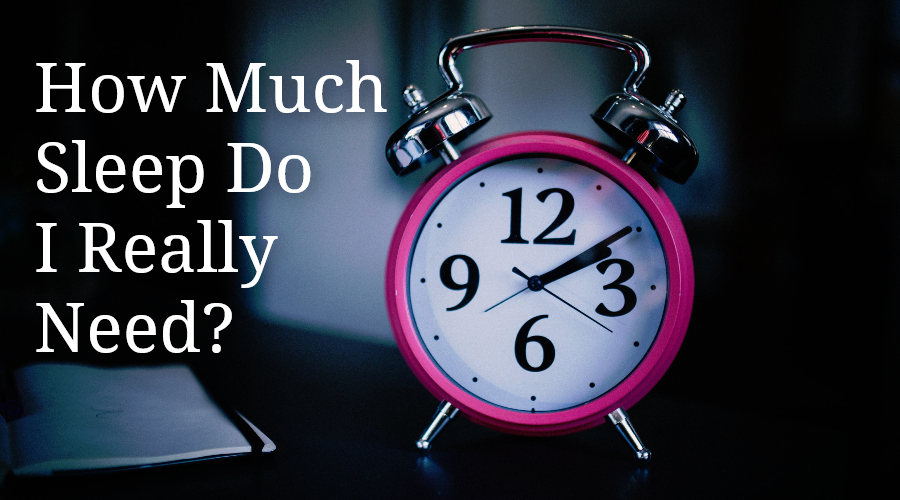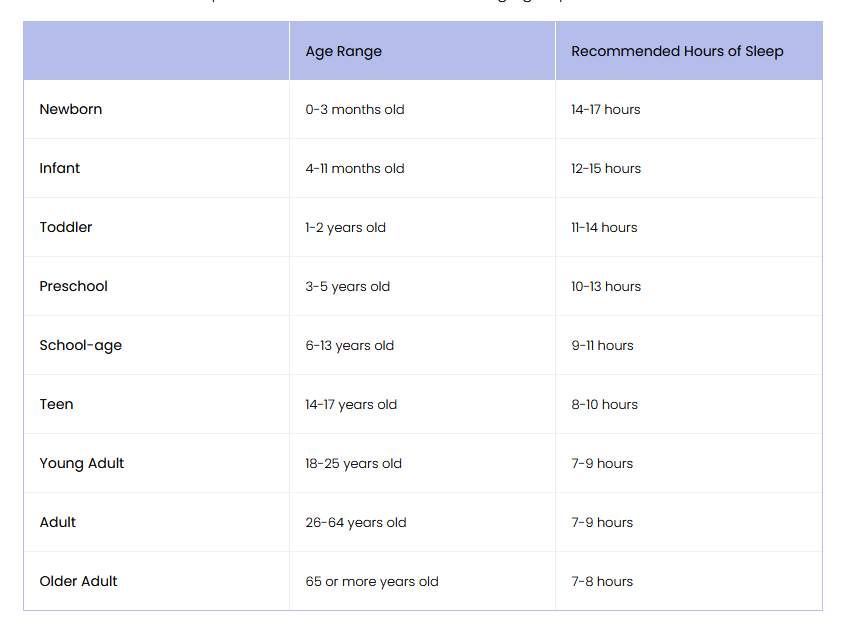
“How much sleep do I need?” is one of the most puzzling and most important health questions in our modern, complex world. The amount and the quality of sleep is a major factor in our health. Yet so many of us ignore or defy the science of sleep.
Sometimes lack of sleep is unavoidable because of job or caregiving responsibilities. Sometimes other health issues, like worry and anxiety, powerful medications or pain can make healthy sleep habits difficult to maintain.
But, more and more, people deliberately delay sleep, not because they have to, but because they want to. It’s even been given a name – “Revenge Bedtime Procrastination” – delaying going to bed (or delaying going to sleep looking at screens) to enjoy leisure activities prevented by stressful long work hours that deprive a person of free time earlier in the day – hence the word “revenge.”
We feel deprived of free time by modern life, and so we defiantly seek that free time at the expense of needed sleep – and the cost can be devastating.
Adequate sleep is essential to good health. But also important is the quality of that sleep. Humans are not machines. The mind and body must have adequate time to recharge. Sleep deprivation can cause:
· Degrading the brain’s ability to think clearly and process information quickly
· Depressing memory
· Degrading clarity in decision-making
· Depressing productivity and academic achievement
· Heightening the risks of driving while drowsy – and other potentially dangerous tasks
· Increasing irritability and unregulated emotions
· Worsening the effects of mental disorders, like anxiety and depression
· Increasing susceptibility to physical health problems, like cardiovascular issues
· Depressing the body’s immune system – including reducing vaccine effectiveness
· Depressing impulse control – which can lead to a self-reinforcing spiral of sleep deprivation and worsening health
It’s clear that the negative effects of inadequate sleep are numerous and profound. The challenging question is…
How much sleep do I need?
Here are the National Sleep Foundation Guidelines (1) for different age groups:

How do your sleep habits stack up to these guidelines? Be honest. Most people tend to overestimate the number of hours that they actually sleep.
Some common-sense issues can point to sleep deprivation – having trouble getting up in the morning, having trouble focusing during the day or dozing off during the day. These are symptoms that should not be ignored.
The National Sleep Foundation (2) compiled this set of questions to ask yourself in evaluating how your specific situation can be factored into your assessment of the right amount of sleep for YOU:
Deciding how much sleep you need means considering your overall health, daily activities, and typical sleep patterns. Some questions that can help you assess your individual sleep needs include:
- Are you productive, healthy, and happy on seven hours of sleep? Or have you noticed that you require more hours of sleep to get into high gear?
- Do you have coexisting health issues? Are you at higher risk for any disease?
- Do you have a high level of daily energy expenditure? Do you frequently play sports or work in a labor-intensive job?
- Do your daily activities require alertness to do them safely? Do you drive every day and/or operate heavy machinery? Do you ever feel sleepy when doing these activities?
- Are you experiencing or do you have a history of sleeping problems?
- Do you depend on caffeine to get you through the day?
- When you have an open schedule, do you sleep more than you do on a typical workday?
Start with the above-mentioned recommendations and then use your answers to these questions to home in on your optimal amount of sleep.
How to improve your sleep habits
To improve your sleep habits, here is a list of recommendations compiled by MedLinePlus (3) for the U.S. National Library of Medicine:
-
- Go to bed and wake up at the same time every day
- Avoid caffeine, especially in the afternoon and evening
- Avoid nicotine
- Exercise regularly, but don't exercise too late in the day
- Avoid alcoholic drinks before bed
- Avoid large meals and beverages late at night
- Don't take a nap after 3 p.m.
- Relax before bed, for example by taking a bath, reading or listening to relaxing music
- Keep the temperature in your bedroom cool
- Get rid of distractions such as noises, bright lights, and a TV or computer in the bedroom. Also, don't be tempted to go on your phone or tablet just before bed.
- Get enough sunlight exposure during the day
- Don't lie in bed awake; if you can't sleep for 20 minutes, get up and do something relaxing.
See a doctor if you have continued trouble sleeping. You may have a sleep disorder, such as insomnia or sleep apnea. In some cases, your doctor may suggest trying over-the-counter or prescription sleep aid. In other cases, your doctor may want you to do a sleep study, to help diagnose the problem.
If you are a shift worker, it can be even harder to get a good sleep. You may also want to...
- Take naps and increase the amount of time available for sleep
- Keep the lights bright at work
- Limit shift changes so your body clock can adjust
- Limit caffeine use to the first part of your shift
- Remove sound and light distractions in your bedroom during daytime sleep (for example, use light-blocking curtains)
Also keep in mind that sleeping more than the right amount of sleep for YOU can lead to worse health outcomes, too. It’s unclear why that is, but it’s important to find the optimum amount of sleep for YOU and try your best to maintain that average. Don’t sweat occasional aberrations. Stuff happens. Focus on the average and work at adjusting your life to maintain that average.
You spend one third of your life asleep. Understand its importance to your health and well-being. Find your optimum sleep routine and make it a priority. It’s one of the primary keys to an everageless life.
Sources:
(1) https://pubmed.ncbi.nlm.nih.gov/29073412/
(2) https://www. sleepfoundation.org/how-sleep-works/how-much-sleep-do-we-really-need
(3) https://medlineplus.gov/healthysleep.html